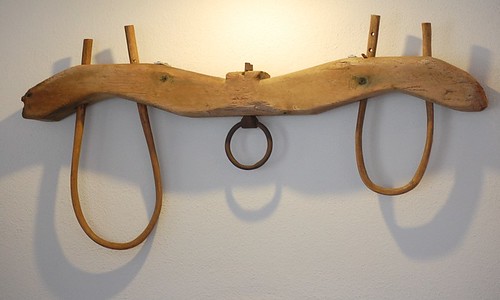The question we've been repeatedly asking ourselves is this: why is this in the Bible?
When you read of the folly of Solomon, what is God saying through that? Why has it been included for us and our learning? When you see the increasing wickedness of the successive dynasties of Israel, what can we take away from it?
What we're seeing is that with each king, there is a reflection, a signpost, a pointing forward to what the ideal king would be like. So when Solomon was wise, using his God-given wisdom, we saw how many were drawn to hear him and learn from him. Even the Queen of Sheba (cue Handel's famous tune!) arrived to see Solomon in 1 Kings 10, and so when Jesus, the true king comes, 'behold, something greater than Solomon is here.' (Luke 11:31).
That's fine when we see the positive reflections and shadows (types) of the true king, but what about when the kings are utterly wicked? In these instances, they show in negative what the true king is like. Their wickedness may be great, but his righteousness is greater. They may be surprisingly foolish, but his wisdom is much more.
The prime example jumped out today. Solomon had died, and his son Rehoboam was set to become king of all Israel. The people had been worked hard under Solomon, forced labour and taxes to build the temple and the palace, and so when they all came together for the coronation, they appealed for respite.
Having rejected the advice of the elders (think the old civil servants or Privy Council), Rehoboam goes with the advice of his young friends, and boldly declares:
My father made your yoke heavy, but I will add to your yoke. My father disciplined you with whips, but I will discipline you with scorpions. (1 Kings 12:14)

This wickedly foolish king, Rehoboam, attempts to be the tough man, increasing the burden on the people. He shows us in negative, what the reign of the true king will look like; what living in his kingdom will be like. Remember these words?
Come to me, all who labour and are heavy laden, and I will give you rest. Take my yoke upon you, and learn from me, for I am gentle and lowly in heart, and you will find rest for your souls. For my yoke is easy, and my burden is light. (Matthew 11:28).
What a contrast between Rehoboam and Jesus - I know which yoke I want!
(Picture by mtsofan on Flickr.)
No comments:
Post a Comment